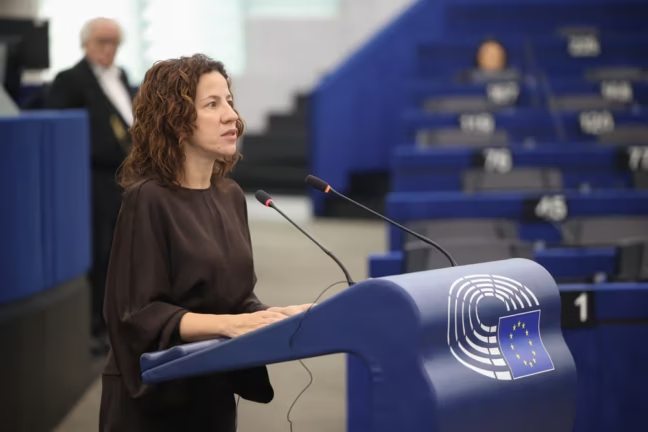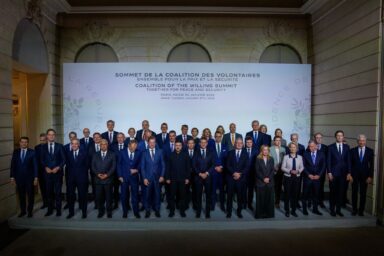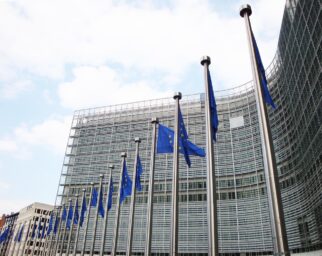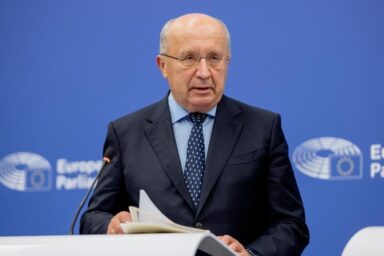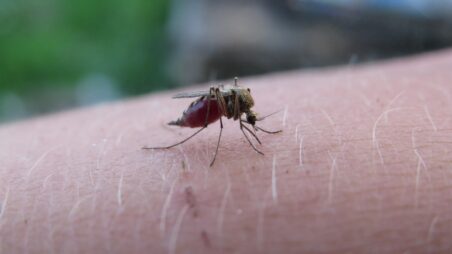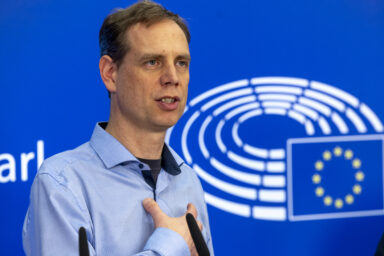Members of the European Parliament on Wednesday expressed alarm over the growing threat posed by Russian and Belarusian airspace intrusions and suspected sabotage of EU critical infrastructure. The debate followed a Parliament briefing earlier this month that warned of an “intensifying pattern” of hostile activity. The need for unity and coordinated response, MEPs suggested, is more important than ever.
Roxana Mînzatu, Executive Vice-President of the European Commission, could not have been more direct. “Something new and dangerous is happening in our skies…” she said as she listed nine EU countries that have faced repeated provocations in recent months: mostly military-grade drone incursions, but also suspected railway sabotage. She did not immediately name the perpetrators, though no one present doubted Russia’s leading role and the extent to which the Belarusian regime has followed suit. “These incidents are a pattern, not an accident,” she explained, “They are testing our resolve, probing our systems, and attempting to unsettle our citizens.” One answer, she argued, was to strengthen detection, interception and response.
“Europe must also deter: we cannot allow cheap drones to force costly reactions. We urgently need systems that are scalable, affordable, and fit for purpose. That is why the proposed drone-defence initiative remains essential.”

Something new and dangerous is happening in our skies (…) These incidents are a pattern, not an accident – Roxana Mînzatu, Executive Vice-President of the European Commission
Warning signs
Rasa Juknevičienė (EPP/LTU) was among the first MEPs after to take the floor:
“The latest facts in Lithuania and Poland once again prove that we are being attacked with various instruments to cause chaos, fear and to scare us away from supporting Ukraine.” She pointed to meteorological balloons from Belarus being used to apparently smuggle cigarettes, adding that “tomorrow they could carry explosives.” EU measures, she said, must include sanctions on Belarus.
You might be interested
While Ms Juknevičienė focused on Minsk’s role, others placed the emphasis squarely on Moscow, warning that a coordinated Russian–Belarusian campaign of low-cost, high-disruption tactics now demands a united European response.
Robert Zīle (ECR/LVA) suggested with his words that the trail to where Europe stands today goes some ways back.
“Looking back a little bit, the world of Kremlin, the world of Russia, seemed a rather abstract and far-flung concept. But now look at Georgia, the annexation of Crimea, what’s happened in Ukraine, it’s come very close to home. And the same is true of hybrid warfare on the EU.” He added that in its aggression and encroaching hybrid warfare affecting everything from airspace, IT and energy grids, there was “a security dimension to this not only for Warsaw and Vilnius but also for Paris and Brussels”.
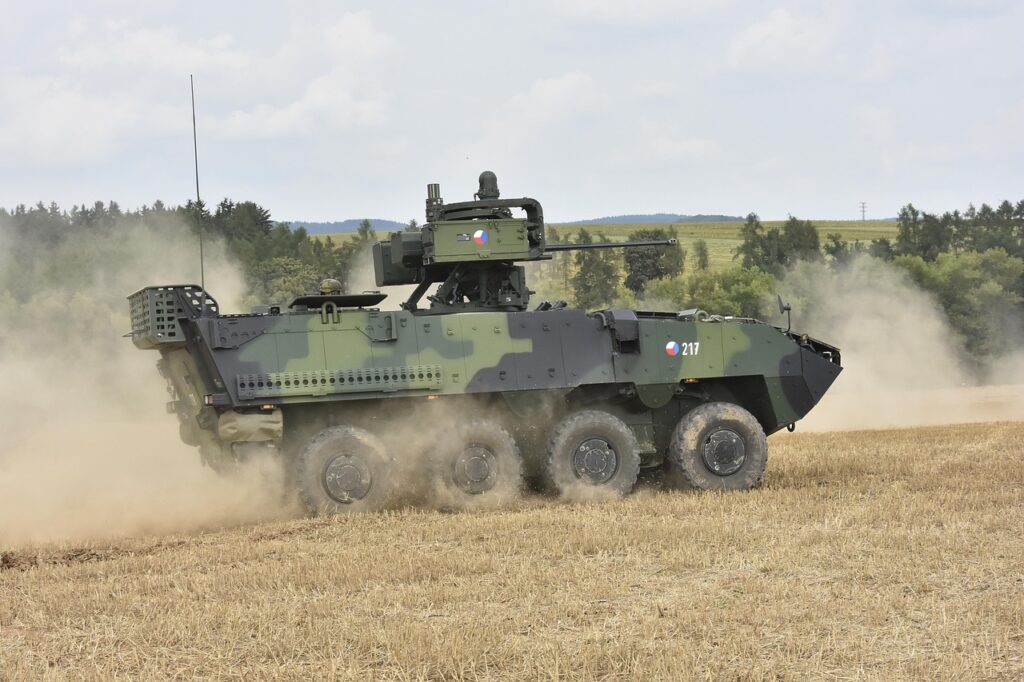
A dividing line
Baltic State representatives were especially adamant that they lived in the shadow of hybrid warfare — of potential interference or attacks — every day, from either the Belarusian or Russian regimes. The hostile intent was described repeatedly, including by Virginijus Sinkevičius (Greens/LVA), who said this: “We have to acknowledge we live in time when there is no dividing line between peace and war (…) we’ve been facing these threats for years now.” He listed off problems such as Russia’s shadow fleet, its incursions, some countries still buying Russian oil and so on.
“These are not accidents,” said MEP Thijs Reuten (S&D/NLD). “They are part of a sustained Russian campaign,” he said. “Prevention must be our starting point.”
MEP after MEP offered ways forward and warned not to take developments lightly as well as to be aware of Russian propaganda. Several MEPs also discussed another of the most recent attacks, which they said could have killed people travelling by train — what Polish Prime Minister Donald Tusk referred days ago as “an unprecedented act of sabotage”.
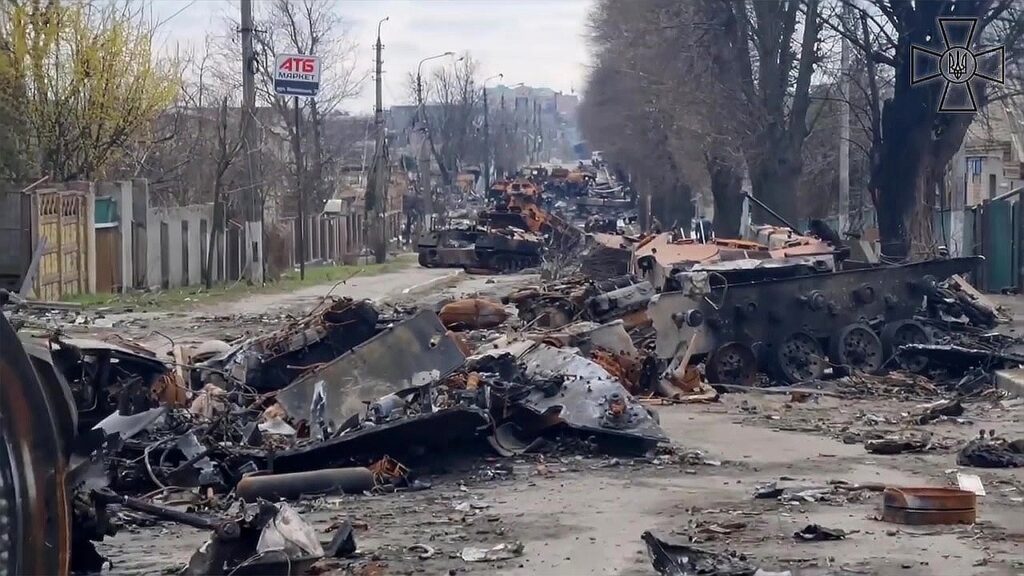
Unity first
Recent days have been consumed by a bolt out of the blue in a controversial 28-point peace plan that has since been transformed through negotiations but is still no guarantee of peace. Attacks on Ukraine and on its civilians continue nightly, as do fears of still more incursions in the EU in the form of drones or cyber or other attacks.
Look at Georgia, the annexation of Crimea, what’s happened in Ukraine, it’s come very close to home. And the same is true of hybrid warfare on the EU. – Robert Zīle, Member of Parliament (ECR/LVA)
How to meet all threats at once is an underlying issue — one that hopes to paralyse or swamp legislative bodies or institutions or raise doubt, create cracks between Europeans and more. While there were some outliers in Wednesday’s debate, the overall impression was one of unity and resolve — a far more intense commitment to countering hybrid threats was raised again and again.
Now the EU must take real steps to move forward: on defence, on security, on helping Ukraine with a reparations loan which, too, have stalled. Crunch time on key decisions, to hear MEPs in Parliament tell it, cannot be too far off.
These are not accidents, they are part of a sustained Russian campaign. Prevention must be our starting point. – Thijs Reuten, Member of Parliament (S&D/NLD)
